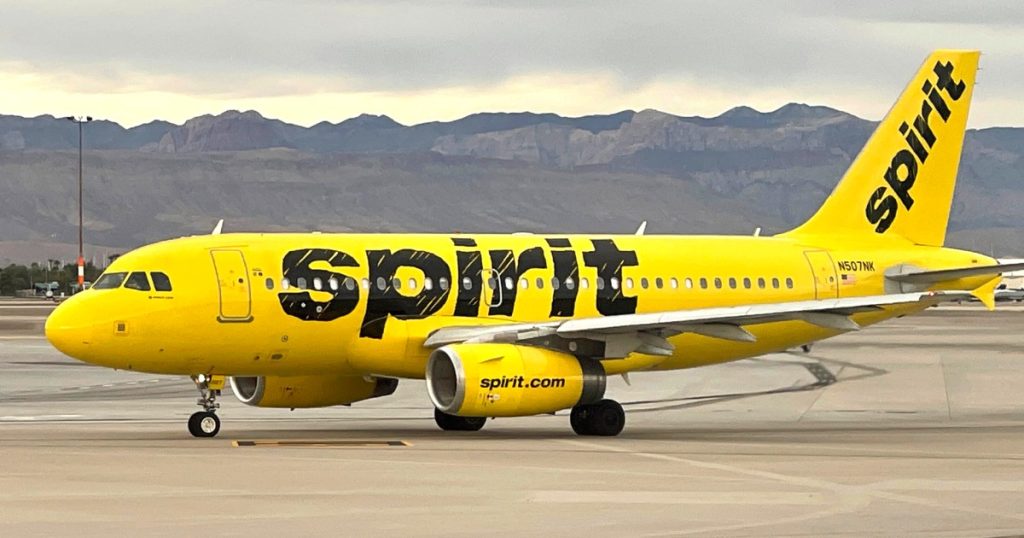Spirit Airlines and Frontier are both eliminating change and cancellation fees, a move that marks a significant shift in the pricing strategy of budget airlines. Spirit used to charge customers between $69 and $119 for changes or cancellations prior to this change. The new policy applies to all passengers and is part of an effort to attract more customers and increase revenue. The changes come as both airlines are working to return to profitability in the wake of the Covid-19 pandemic, while larger airlines have already eliminated change fees except for certain ticket types.
In addition to getting rid of change fees, both Spirit and Frontier are introducing bundled packages that include add-on options like early boarding and checked baggage. These packages will have varying prices and aim to offer customers more flexibility and choice when booking flights. This change in strategy reflects a broader shift in the airline industry as companies look to adjust to changing consumer demands and increase revenue generation through new merchandising strategies. Spirit’s Chief Commercial Officer, Matt Klein, emphasized the need to adapt to evolving demand and competitive environments in order to remain competitive in the market.
These changes also come as President Joe Biden and the Department of Transportation crack down on what they call “junk fees” in the airline industry. This push for transparency has led to new rules requiring airlines to disclose add-on fees upfront, such as those for checked or carry-on baggage. The DOT also issued a new rule requiring airlines to provide automatic cash refunds for cancellations, rather than waiting for a customer’s request. This move is part of a broader effort to protect consumers and ensure fair treatment in the airline industry.
The decision to eliminate change and cancellation fees is a significant one for Spirit and Frontier, as these fees are a key source of revenue for many airlines. In recent years, airlines have come under fire for the high cost of these fees and the lack of transparency around them. By removing these fees and introducing bundled packages, both airlines are hoping to attract more customers and increase overall revenue. This change in strategy reflects a broader trend in the industry towards more customer-friendly policies and increased transparency in pricing.
In response to these changes, larger airlines such as Delta, American, Alaska, and United have also eliminated change fees for most ticket types, except for the cheapest, most restrictive fares. Southwest Airlines has long been known for not charging flight-change fees, and overall, the industry is moving towards more customer-friendly policies in response to changing consumer demands. As airlines continue to adapt to the post-pandemic travel landscape, it is likely that we will see more changes to pricing strategies and policies in the future.
Overall, the decision to eliminate change and cancellation fees by Spirit and Frontier is a significant move in the airline industry and reflects a broader trend towards increased transparency and customer-friendly policies. As airlines adapt to changing consumer demands and navigate the challenges of the post-pandemic travel landscape, it is likely that we will see more changes to pricing strategies and policies in the future. The shift away from add-on fees and towards bundled packages is a response to the push for increased transparency and fair treatment of consumers, as well as a way to attract more customers and increase revenue in a competitive market.


